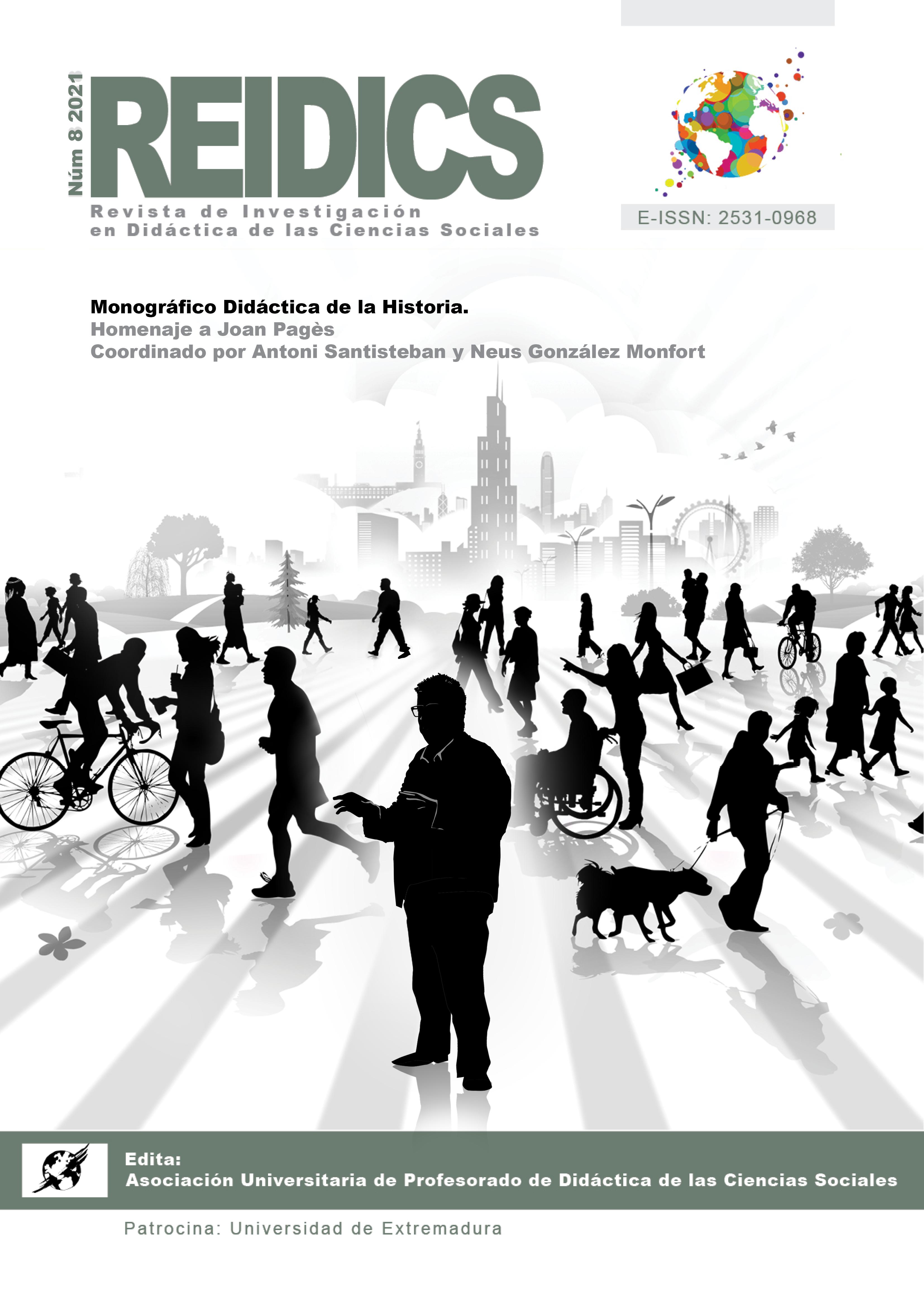Essay as a tool for teacher training in Education for Citizenship and Human Rights
DOI:
https://doi.org/10.17398/2531-0968.08.190Keywords:
critical thinking, press, education for citizenship, essay, human rightsAbstract
This paper is a part of an educational innovation project in the training of teachers of Citizenship Education and Human Rights, which participated 54% of the 3rd undergraduate students in UMA’s Primary Education (2019/20). We summarise the first findings of on-going research on essay-writing as the primary learning activity for developing higher education analytical skills. Firstly, we discuss the importance of promoting critical thinking (CT). Secondly, we review the state-of-the-art using essay-writing in the university classroom. None of the studies consulted did it in this discipline. Finally, we approach our research question: is essay-writing a suitable tool for critical thinking (CT) training for Education for Citizenship and Human Rights’ primary education teachers? Qualitative analysis of the students’ work showed that essay-writing as a tool for teacher training was an innovative tool. Furthermore, we were able to verify how independent research and essay-writing: 1) improved the skills associated with critical thinking, 2) helped to achieve competences for working life through the integration of reflective practices, 3) innovated in the appropriation of knowledge, emphasising student-centred learning, and 4) helped the development of strategies for information, awareness, consciousness and empowerment. However, it also identified shortcomings concerning the students’ writing and argumentative skills that we could improve by implementing specific workshops.
Downloads
Published
Issue
Section
License
Aquellos autores/as que tengan publicaciones con esta revista, aceptan los términos siguientes:
- Los autores/as conservarán sus derechos de autoría y garantizarán a la revista el derecho de primera publicación de su obra, el cual estará simultáneamente sujeto a la Licencia de reconocimiento de Creative Commons 4.0 BY-NC-SA que permite a terceros compartir la obra siempre que se indique su autor y su primera publicación en esta revista.
- Los autores/as podrán adoptar otros acuerdos de licencia no exclusiva de distribución de la versión de la obra publicada (p. ej.: depositarla en un archivo telemático institucional o publicarla en un volumen monográfico) siempre que se indique la publicación inicial en esta revista.
- Se permite y recomienda a los autores/as difundir su obra a través de Internet (p. ej.: en archivos telemáticos institucionales o en su página web) antes y durante el proceso de envío, lo cual puede producir intercambios interesantes y aumentar las citas de la obra publicada. (Véase El efecto del acceso abierto).
- Los autores y autoras han respetado la política de autoría de esta revista.




